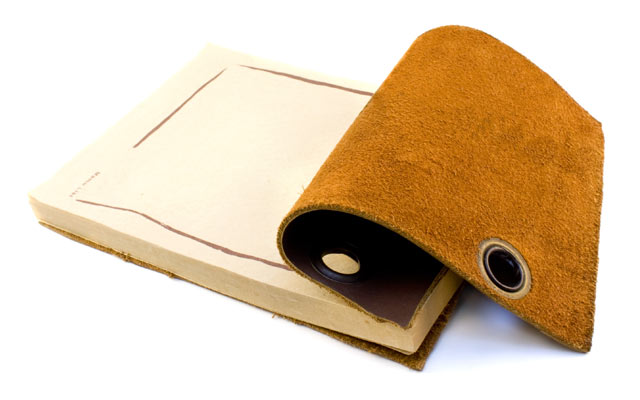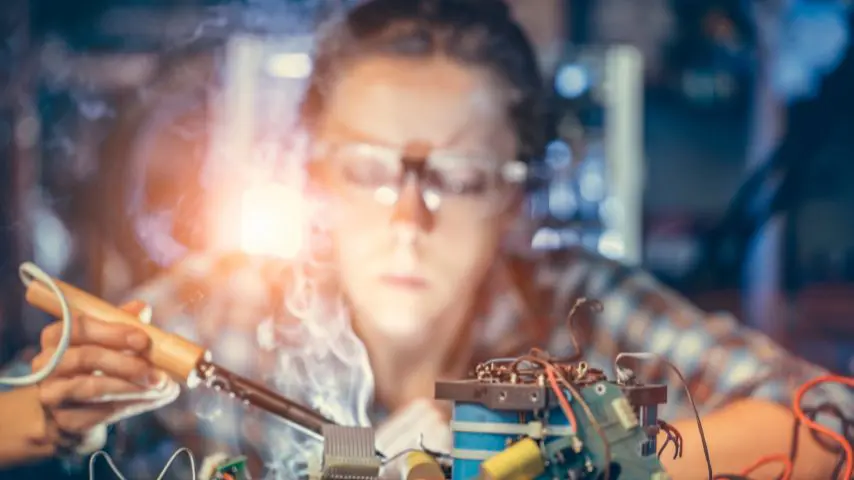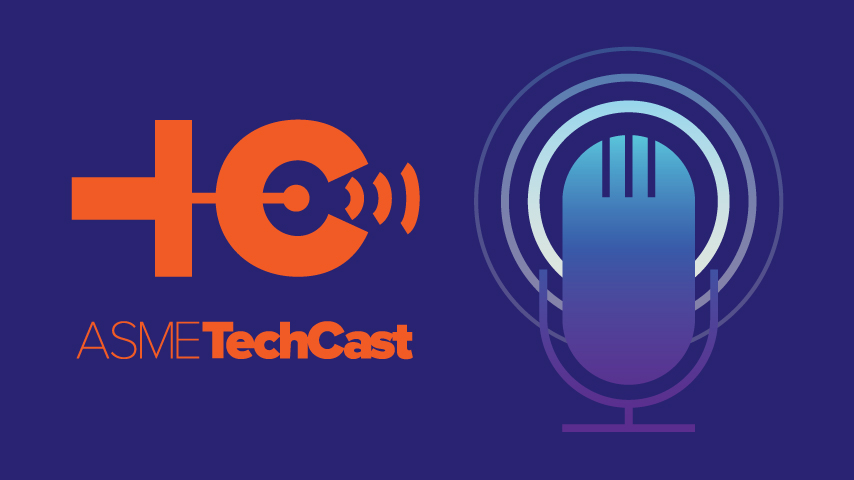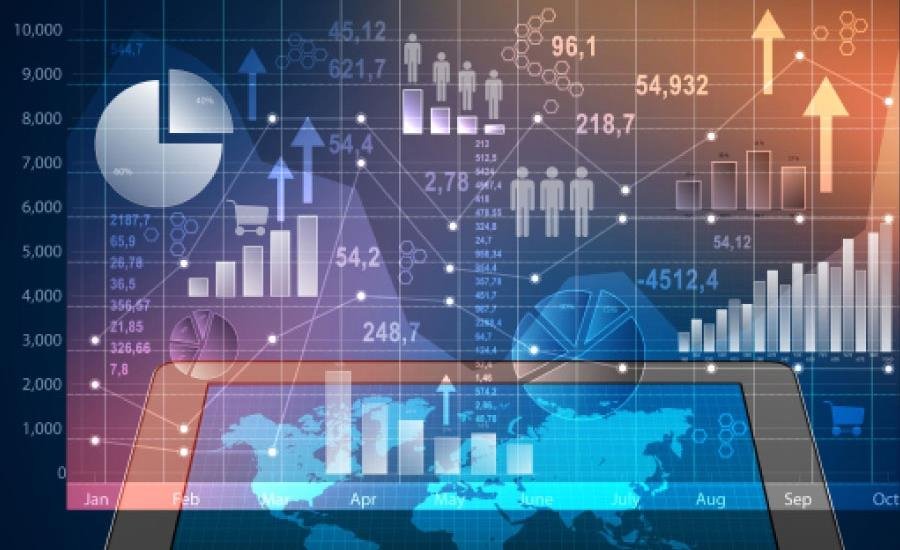My Engineer’s Notebook: Hope Duntoye
My Engineer’s Notebook: Hope Duntoye


Hope Duntoye, an ASME member from Lagos, Nigeria, has nine years of experience in various industries, with more than four of those years spent in the energy sector. As an assistant consultant at the Lagos office of PricewaterhouseCoopers (PwC), he consulted for industry clients on performance improvement as well as systems and process assurance services. Hope joined Shell Petroleum Development Company of Nigeria in Port Harcourt in November 2011 as a production engineer. In July 2014, he was transferred to Shell Nigeria Exploration and Production Company Ltd. in Lagos, where he currently works as a mechanical supervisor on the Bonga floating production, storage and offloading (FPSO) facility. As mechanical supervisor, Hope leads a team that ensures the maintenance integrity and reliability of the facility’s turbines, pumps, compressors, gas engines, heat exchangers and other mechanical equipment. He was a member of the 2014-2015 class of the ASME Early Career Leadership Intern Program to Serve Engineering (ECLIPSE), and was selected by ASME to attend the ASME Leadership Training Conference in St. Louis in 2013 as an early career delegate. Hope received a bachelor’s degree in mechanical engineering from the University of Lagos in Nigeria in 2006, and is currently completing work on an M.B.A. at Robert Gordon University in Scotland.
What’s inside your engineer’s notebook?
My engineer’s notebook contains the various challenges concerning mechanical equipment and process reliability I’ve encountered on the FPSO. It contains new things I learn on a daily basis about overcoming the challenges of oil and gas production in the deepwater environment. It also contains some leadership tips I pick up on a daily basis from my discussions with top management staff in Shell.
Whose notebook would you most like to peek into? Why?
There are a lot of great achievers whose notebooks I would like to see, but I choose Albert Einstein and Isaac Newton for now. I consider them to be the greatest scientists of all time and would really want to understand how they put their ideas to paper. I want to understand what inspired them and how some of their theories really started out. I would want to see the great work of these people in its original form.
How and when did you know you wanted to become an engineer?
I started feeling that I wanted to become an engineer when I was young — I just didn't think I would become a mechanical engineer. I have always loved mathematics from primary school days and I always excelled in it. One day I spoke to my parents and grandmother about my love for road construction and I was told that the people constructing them were civil engineers. So I felt I wanted to be one. I also liked taking apart and trying to fix our electronics when I was young. Some I could fix, some other I spoilt completely. So, I then thought I would like to study electrical and electronics engineering. In my senior secondary school days, I started learning about other science courses like physics. Eventually, I chose to study mechanical engineering at one of the most competitive universities in Nigeria, the University of Lagos.
What's the most exciting project you've ever worked on?
An exciting project for me was leading more than 20 colleagues to carry out root cause analysis (RCA) on a failed electric heater bundle in a non-associated gas plant. The RCA was able to identify the root causes of the failure and adequate solutions were proposed and implemented. This was important because the heater bundle was part of a glycol regeneration process in the plant. If glycol is not regenerated because of the failed heater bundle, it will become uneconomical to treat the gas. And if the gas is not treated, it will lead to gas deferment or asset integrity damage to the pipeline transporting the gas. Any disruption of gas production would have a negative impact on the Nigerian economy, as oil and gas currently accounts for more than 90 percent of Nigeria’s export revenue.
What do you think you’d be doing if you hadn’t become an engineer?
I started out my career consulting for PwC, one of the “Big 4” professional services firms, where I acquired a detailed understanding of processes by providing performance improvement services and systems and process assurance services to top industry clients. So, if I weren’t working as an engineer today, I would be happy providing professional services such as management consulting or systems and process assurance.
What’s your favorite activity when you’re not working?
I think it’s very important to continue learning and acquiring knowledge. So when I'm not working, I’m probably studying or reading — trying to get a better understanding of things. I also love driving, swimming and playing the piano.
Was there a book or a movie that piqued your interest in science or inspired you to become an engineer?
There really wasn't any movie or book that piqued my interest in engineering. But after I started studying engineering in the university, I saw a movie titled 21, and loved the way some simple concepts in science were discussed in it. I also saw the movie 3 Idiots after school and again liked how the conventional way of studying engineering was challenged in it.
Who are your heroes, either within the engineering profession or in the rest of your life?
My late brother will always be my hero. Although our parents are still alive, he played the fatherly role in order to ease the burden on our parents. He was a trusted, selfless person who I wish had lived longer. He was deeply religious, and was moral, diligent and caring. He encouraged me to take my studies seriously since I was young. God used him and my parents to motivate me to be where I am today.
What’s the most meaningful or rewarding aspect of being connected to engineering?
One of my lecturers would always say, “When a doctor prescribes the wrong drug, one person dies. But if an engineer builds a failed bridge, hundreds of people will likely die from the collapse depending on the size and location of the bridge.” The most meaningful aspect of being connected to engineering is that we pragmatically apply scientific theories and watch as our designs translate into projects that influence lives around the world.
What does ASME mean to you?
ASME has meant different things to me at different stages of my life. When I was in the university, I saw ASME as simply a codes and standard society. In the last four years since joining ASME, I have found other interesting things the Society has to offer, such as the opportunities for early career engineers to develop and participate in programs like ECLIPSE and the opportunity to network in an organization that is as truly diverse and inclusive as ASME.
The most meaningful aspect of being connected to engineering is that we pragmatically apply scientific theories and watch as our designs translate into projects that influence lives around the world.Hope Duntoye



